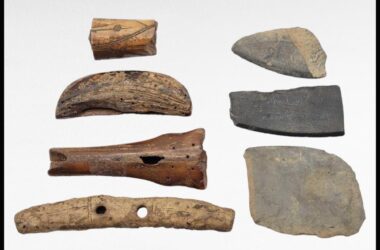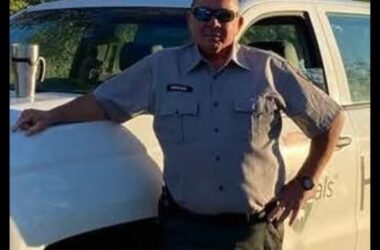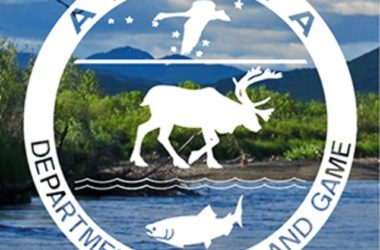ANCHORAGE, Alaska (AP) — Divided Alaska lawmakers have found little to agree on this year, and that includes where to hold a special session.
In a rare move, nearly a third of Alaska lawmakers are expected to buck their leadership in both chambers and meet Monday in Wasilla even though a majority of lawmakers will convene the special session in Juneau, the state capital, about 600 miles (965 kilometers) away.
The main issue is to determine the amount of this year’s oil wealth check, a hot-button issue in Alaska. Nearly every single Alaska residents receives the check for simply living in the state.
The checks are from the Alaska Permanent Fund, a fund seeded with oil money and grown through investments. Annual dividends traditionally have been paid with fund earnings, which lawmakers also began using last year to help pay government expenses amid an ongoing budget deficit, creating tension.
A formula in state law to determine the amount of the checks has not been followed the last three years, resulting in reduced check sizes. Gov. Mike Dunleavy, a Republican who took office in December, campaigned on paying a full dividend, which would cost about $1.9 billion and result in checks around $3,000 this year.
Neither the House, led by a coalition of Democrats and moderate Republicans, nor the Republican-controlled Senate, could pass a bill for the full payout.
Dunleavy called the special session in Wasilla, his hometown and the heart of his conservative base, saying a change of venue would be good for lawmakers who could not finish their work over five months in Juneau this year. Both House Speaker Bryce Edgmon, who cited safety concerns about meeting in Wasilla, and Senate President Cathy Giessel decided to hold the session in Juneau.
Giessel told The Associated Press last week that she believed the Legislature is on solid footing with the plan, despite legal questions raised by Attorney General Kevin Clarkson, who has argued that Dunleavy can call lawmakers into special session anywhere he wants.
Dunleavy’s spokesman, Matt Shuckerow has said Dunleavy hopes lawmakers show up in Wasilla. If they don’t, they will “cross that bridge when we get there,” Shuckerow said.
Dunleavy said late Friday he would expand the special session agenda to include state match money for road and airport programs “when the Alaska State Legislature convenes in Wasilla,” pursuant to his special session proclamation
There could be other business for lawmakers. Once they convene the special session, they have five days to attempt any overrides of Dunleavy’s budget vetoes, including a $130 million cut to the University of Alaska system. University of Alaska President Jim Johnsen has called the cut as devastating. Furlough notices to employees have already been spent.
The Grammy-award winning band Portugal. The Man, which hails from Wasilla, will be featured Tuesday at a rally at the University of Alaska Anchorage to encourage lawmakers to overturn Dunleavy’s budget vetoes.
Alaska is not the only state in the West to see upheaval on the legislative process.
Last month the Oregon Legislature was disrupted by a walkout by Republican senators, who fled the Capitol to thwart climate legislation. The 11 GOP senators, who make up the minority in the Oregon Senate, left the Capitol on June 20 and remained away for nine days to protest a proposal that would have been the second in the nation to cap and trade pollution credits among companies.
The debate over the climate bill, which did not pass, highlighted the tension between the greater Portland area and rural areas in Oregon. Hundreds of farmers, loggers and truckers rallied at the Capitol in solidarity with the Republican senators, saying the climate legislation would cost jobs in their towns. Democrats said the measure was an efficient way to lower emissions while investing in low-income and rural communities’ ability to adapt to climate change.
___
Associated Press writers Mark Thiessen in Anchorage and Sarah Zimmerman in Salem, Oregon, contributed to this report.






